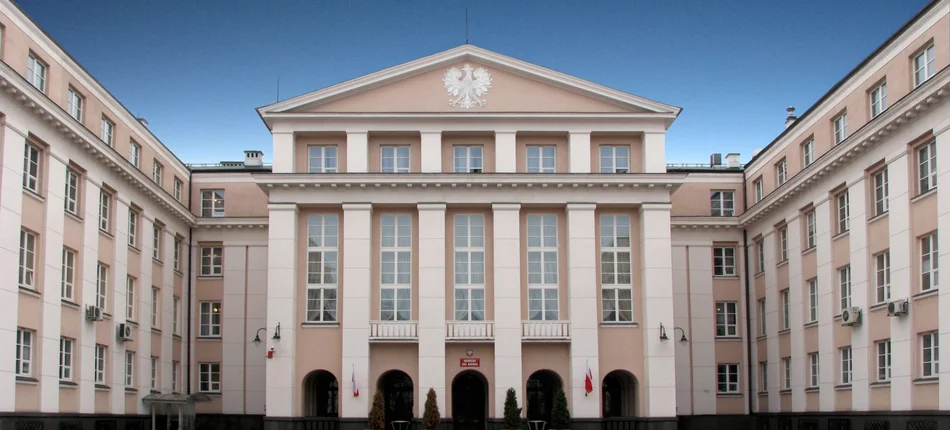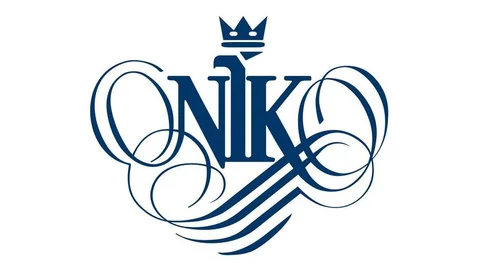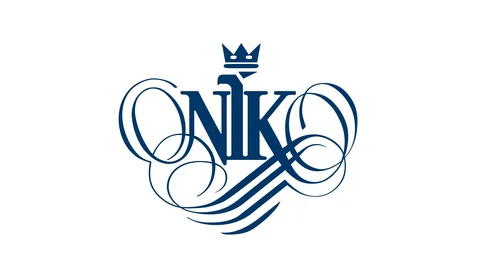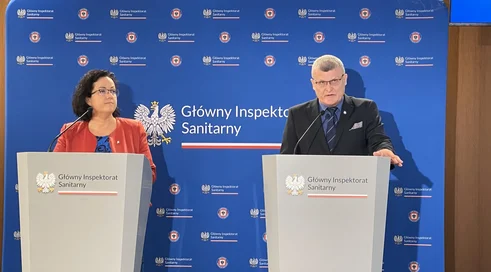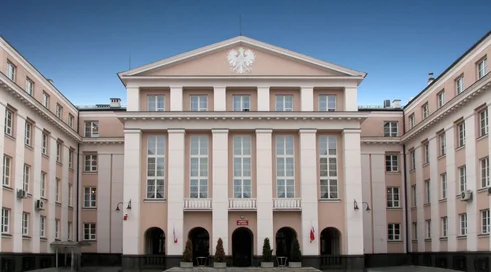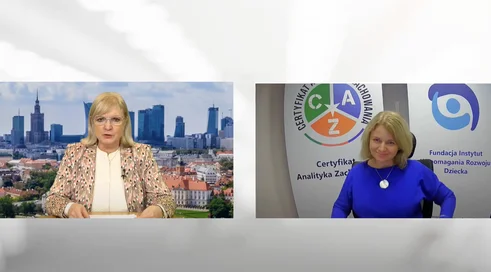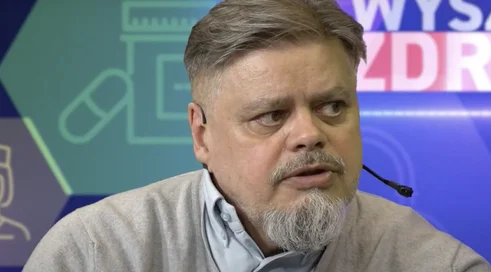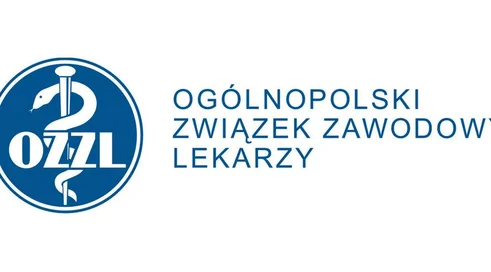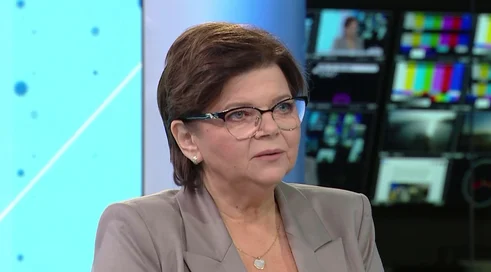The audit was conducted on the NIK's own initiative. Its purpose was to examine whether the measures taken secured the country's blood and its components. Seven units were covered: NCK and six regional centers for blood donation and bloodletting (RCKiK, centers:) Gdansk, Katowice, Kielce, Lublin, Rzeszow and Wroclaw. The audit's findings were supplemented by the results of an online survey of blood donors and those who wanted to donate blood but failed to do so, and those who, for various reasons, did not try. More than 16,000 people took part in the survey - conducted using methods checked by the NIK.
Key findings of the audit
From 2019 to 2022, the country's blood and blood components were secured. The number of blood components produced exceeded the number of units issued for treatment. Thus, self-sufficiency was ensured and blood was not imported from abroad. Nevertheless, there were periodic shortages at individual RCKiKs, mainly during the summer, especially in Rh-negative blood groups.
According to the NIK, the year 2020 deserves special attention. Due to the outbreak of the COVID-19 pandemic, there was then a significant decrease in registered donors and those who came forward to donate blood or its components. As a result, there was a drop in donations of about 9%.
In 2019-2022, the number of potential registered donors reached about 1/10 of the Polish population, but only one in five of them reported to the RCKiK for blood donation in each year. The number of donors (who reported to the centers) clearly decreas...
Content locked
To gain access to the complete English section of the Medexpress.pl, kindly reach out to us at english@medexpress.pl.



